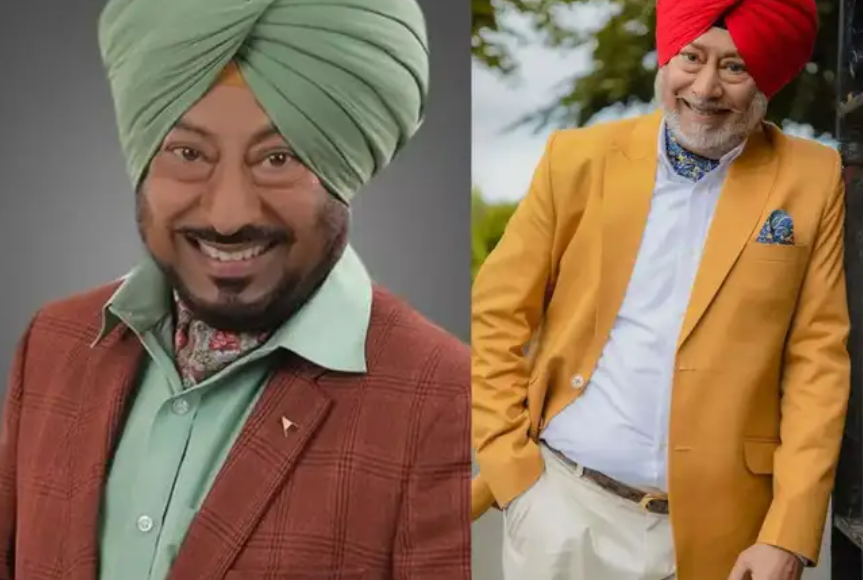From Chhankata to Change: How Jaswinder Bhalla Made Us Laugh at Ourselves
Some comedians are content to chase laughs. Jaswinder Bhalla chased something more enduring: laughter that could tell the truth, soften pain, and keep a whole community bound together.
For over three decades, Bhalla stood at the center of Punjabi popular culture, creating characters and sketches that turned everyday struggles into moments of shared humor. His genius was not just that he made people laugh, but that he made them laugh without malice. He proved that comedy could be inclusive, humane, and still wildly entertaining.
What makes Bhalla’s story even more remarkable is that the stage was only one of his laboratories. Away from the lights, he was a scientist—a professor of soil and water engineering at Punjab Agricultural University. The same meticulous observation that informed his research carried into his art. Where a scientist studies soil samples, Bhalla studied society, extracting truths from the smallest details of village life. His characters felt authentic because, like any good experiment, they were built on careful observation.
The Bhalla Way
Bhalla’s comedy was never about lecturing. Instead, he created a stage full of unforgettable personalities.
Bhalla’s fame reached new heights with the Carry On Jatta films—a title borrowed, with a wink, from the cheeky British Carry On series. But while the British films leaned on slapstick innuendo, the Punjabi reinvention became something else entirely: a comedy of family chaos, mistaken identities, and the glorious mess of Punjabi households. In Bhalla’s hands, the borrowed title turned into cultural transformation—proof that humor doesn’t just travel, it mutates. The joke, like a seed, grows differently in new soil.
Through his Chhankata series, he introduced Chacha Chatar Singh, the village elder who could gently roast politicians and bureaucrats while remaining beloved. He gave audiences unemployed dreamers, crooked officials, women resisting suffocating traditions, and families navigating heartbreaks like drug addiction and female foeticide.
These sketches allowed Bhalla to confront Punjab’s most pressing issues—corruption, gender violence, unemployment—without ever scolding the audience. Instead, he invited people to laugh with him, and in the process, to see themselves more clearly.
Laughter in Hard Times
Bhalla’s career unfolded during years when Punjab, and the Sikh community especially, faced deep wounds from violence and political suspicion. In such times, choosing to create comedy that refused division was an act of courage.
In a world where even bold voices like Kunal Kamra risk defamation suits and vandalized comedy clubs for daring to mock the powerful—“First They Came for the Comedians” reminds us—Bhalla’s gentler but no less radical satire feels all the more invaluable.
His humor never demonized. Instead, it built bridges across religion, caste, and class. At a moment when public life was being pulled apart, Bhalla’s stage remained one of the few spaces where people still gathered together, shoulder to shoulder, to laugh.
A Legacy Beyond Entertainment
Most advocacy struggles to reach audiences because it feels heavy, like medicine. Bhalla found a different formula: sneak the message into laughter. By the time his audience realized they had been nudged toward reflection, they were already smiling.
His double life as scientist and comedian makes his legacy even richer. But it is the comedy that remains his true monument. He leaves behind a Punjab that laughed at itself without cruelty, learned from satire without resentment, and found resilience in humor even when times were dark.
Jaswinder Bhalla showed us that the kindest punchline can be the most powerful form of resistance. His characters will live on, but more importantly, so will the bridges he built—with nothing more than a turban, a stage, and a perfectly timed joke.

